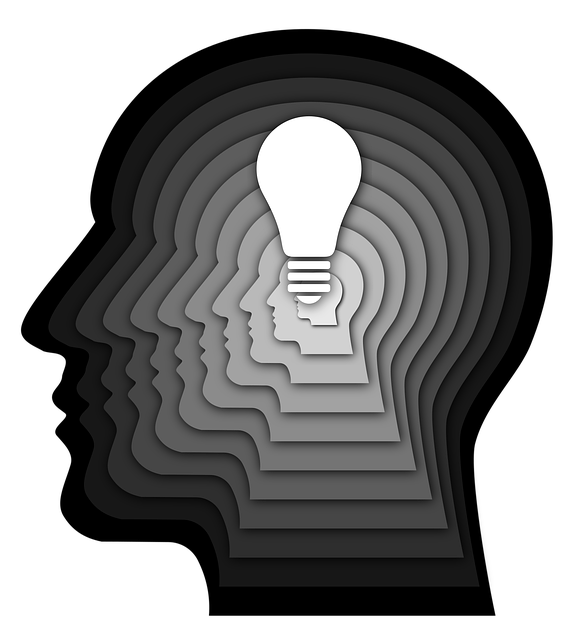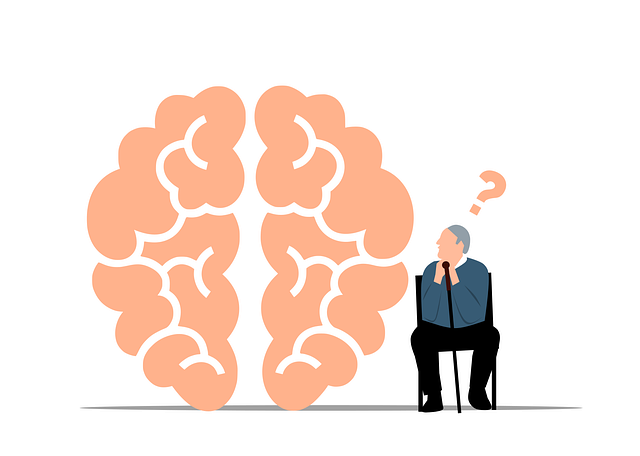Boulder's Dialectical Behavioral Therapy (DBT) offers a powerful approach to mood regulation, combining cognitive-behavioral techniques with mindfulness practices. DBT programs include individual therapy, group skills training, and community outreach, teaching individuals how to manage intense emotions, improve self-esteem, and foster ongoing emotional healing. This evidence-based therapy focuses on four key areas: mindfulness, distress tolerance, emotion regulation, and interpersonal effectiveness, empowering folks to navigate challenges with resilience and achieve better mental health outcomes.
Discover powerful mood regulation strategies, including the transformative power of Boulder Dialectical Behavioral Therapy (DBT). This article explores how DBT techniques can stabilize moods and build resilience. Learn practical daily life strategies from this evidence-based therapy to manage emotional well-being effectively. By understanding the core principles of DBT, you’ll gain long-term coping skills that promote stability and enhance your overall mental health.
- Understanding Mood Regulation: The Role of Dialectical Behavioral Therapy (DBT)
- Practical Strategies for Daily Life: DBT Techniques to Stabilize Moods
- Building Resilience and Coping Skills: Long-Term Mood Regulation Through DBT
Understanding Mood Regulation: The Role of Dialectical Behavioral Therapy (DBT)

Understanding Mood Regulation: The Role of Dialectical Behavioral Therapy (DBT)
Mood regulation is a crucial aspect of emotional well-being, and for many individuals dealing with mood disorders, finding effective strategies can be transformative. In this context, Dialectical Behavioral Therapy (DBT), pioneered in Boulder, Colorado, stands out as a powerful tool. DBT combines cognitive-behavioral techniques with mindfulness practices to help individuals manage intense emotions and develop healthier coping mechanisms. This therapeutic approach is particularly beneficial for those struggling with emotional dysregulation, offering them the skills to navigate their feelings more effectively.
Boulder’s DBT programs often include components like individual therapy, group skills training, and a community outreach program implementation designed to enhance self-esteem improvement and support ongoing emotional healing processes. By teaching individuals how to balance acceptance and change, DBT empowers them to confront challenges with greater resilience, ultimately leading to improved mood regulation and overall mental health.
Practical Strategies for Daily Life: DBT Techniques to Stabilize Moods

Incorporating Dialectical Behavioral Therapy (DBT) techniques into daily routines can be a powerful tool for managing and stabilizing moods. Boulder Dialectical Behavioral Therapy offers practical strategies to navigate emotional challenges, focusing on mindfulness, distress tolerance, emotion regulation, and interpersonal effectiveness. These skills empower individuals to respond to stressors with clarity and composure, rather than reacting impulsively.
By practicing mindfulness, one becomes more attuned to present-moment experiences without judgment. Distress tolerance techniques provide effective coping mechanisms for challenging situations, helping to stabilize emotions before they escalate. Emotion regulation strategies teach individuals to identify and change unhelpful thinking patterns and behaviors associated with negative moods. Interpersonal effectiveness skills foster healthier relationships by improving communication and assertiveness, contributing to an enhanced sense of self-worth and confidence boosting.
Building Resilience and Coping Skills: Long-Term Mood Regulation Through DBT

Building resilience is a cornerstone of long-term mood regulation, and one highly effective approach to achieve this is through Dialectical Behavioral Therapy (DBT). This evidence-based therapy, often delivered in Boulder, Colorado by specialized therapists, equips individuals with essential coping skills to navigate emotional challenges. DBT emphasizes mindfulness, helping people stay present and aware without judgment, a skill crucial for managing intense emotions.
The therapy incorporates compassion cultivation practices, teaching clients to approach themselves and others with kindness and understanding. This fosters a sense of self-compassion, reducing the impact of negative thoughts and feelings. Additionally, Stress Management Workshops within DBT provide tools to identify and change unhelpful behaviors, promoting healthier ways to respond to stressors. By integrating these various techniques, individuals gain a comprehensive set of skills for mood management, enabling them to lead more balanced and fulfilling lives.
Incorporating Boulder Dialectical Behavioral Therapy (DBT) techniques into daily routines can significantly enhance mood regulation capabilities. By understanding and stabilizing emotions, individuals equipped with DBT skills build resilience, effectively coping with life’s challenges long-term. These strategies, proven effective in numerous studies, empower folks to navigate their emotional landscapes with greater clarity and composure, fostering overall well-being.













